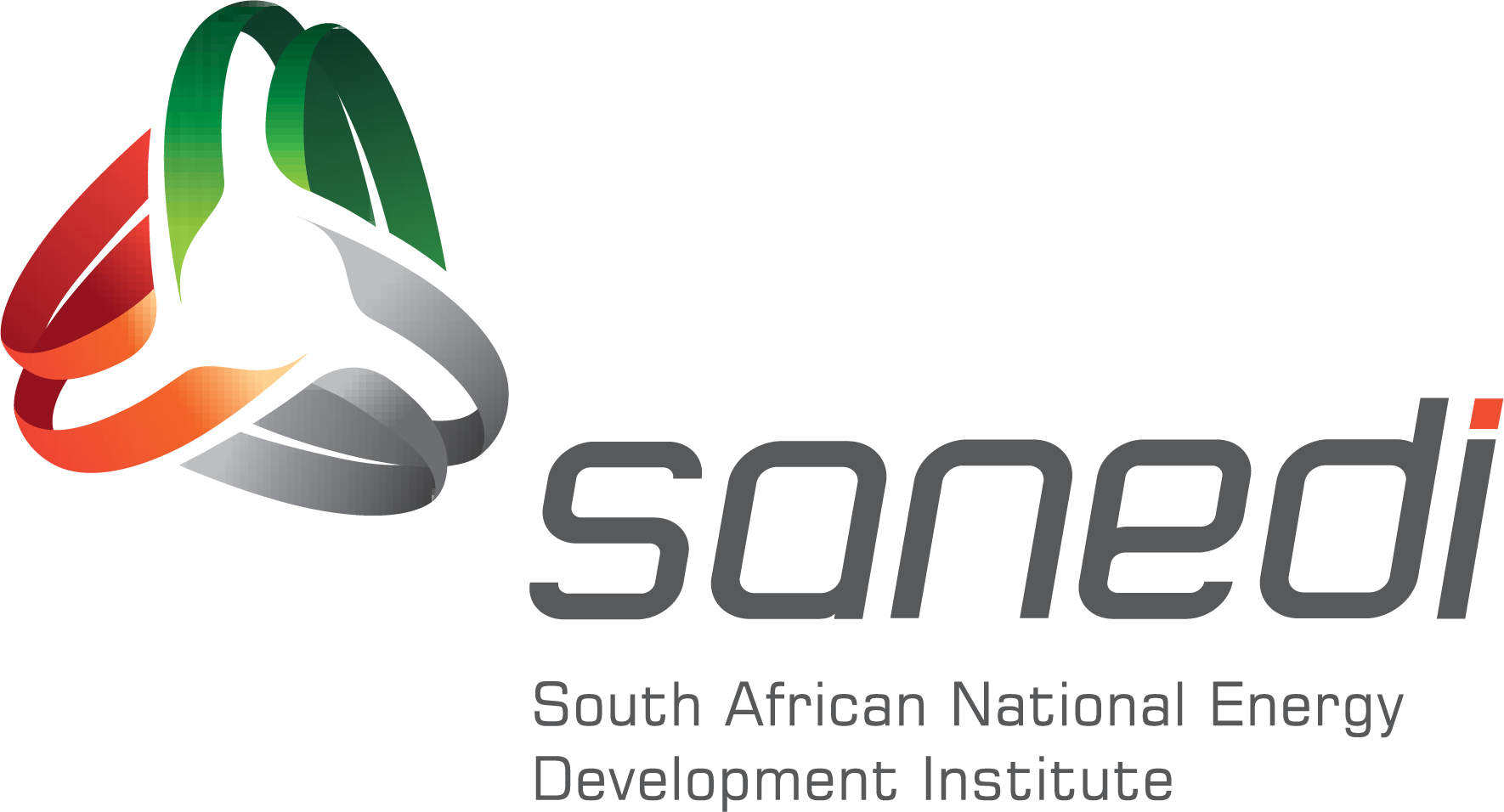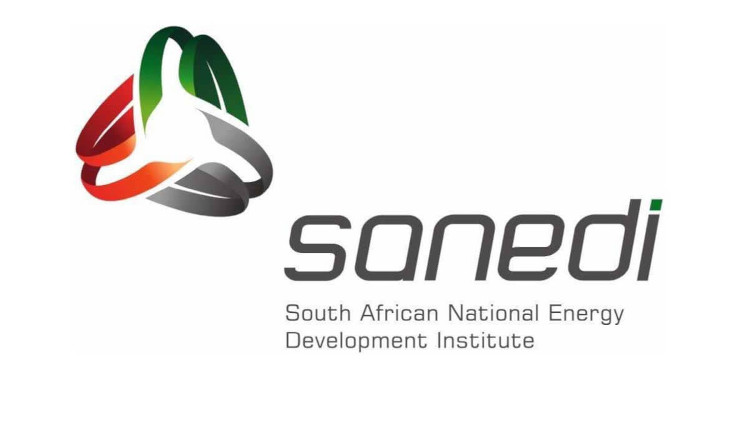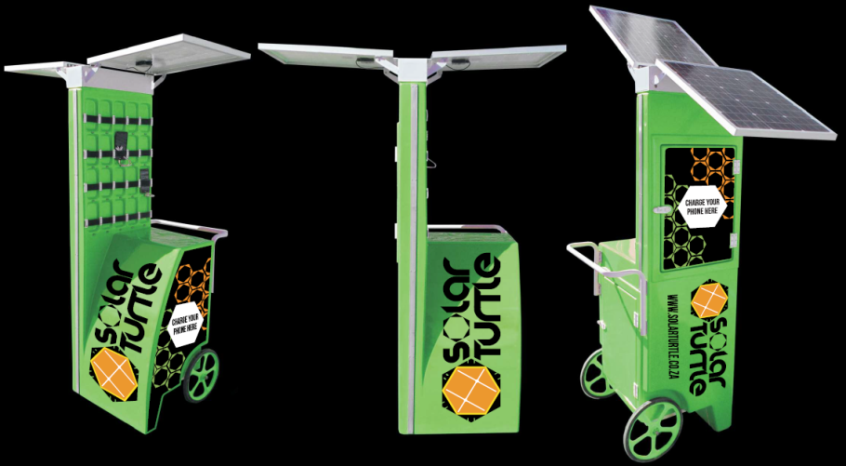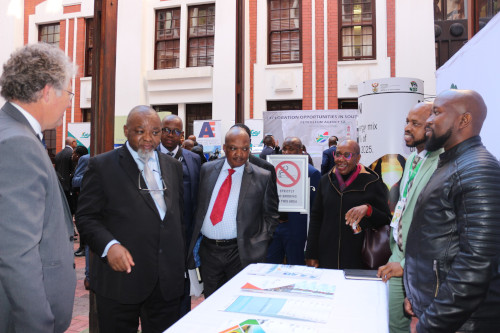The Residential Energy Consumption project is focused around the collection of residential energy consumption data. This data is based upon the types of electrical appliances and their end-use by individuals within the different Living Standard Measure (LSM) across South Africa. The appliance end-use data utilised within the Long-range Energy Alternatives Planning (LEAP) model for analysis, enabling policy makers with a better understanding and visibility of residential energy side. Furthermore, this project supports aspects of the review of the National Energy Efficiency Strategy (NEES) targets, together with the National Standards & Labelling Programme (S&L) impact assessment.
South Africans can keep warmer, save money, and take pressure off the national grid by implementing simple low-cost energy saving measures. This call from Barry Bredenkamp,
The gauntlet has long been thrown – students of the 21st century must ensure they’re equipped with the relevant skills for the Fourth Industrial Revolution (4IR), to grasp opportunities in the future.
While lockdown inadvertently helped to reduce carbon dioxide emissions, it is critically important that sustainability of the environment is at the heart of post-Covid-19 recovery efforts.
Through its Working for Energy Programme, SANEDI (South African National Energy Development Institute) continues to spearhead its applied research mandate by bringing…
Cool surface technology offers an immediate, direct and inexpensive solution to South Africa’s strides towards an economy built on clean energy, says SANEDI (South African National Energy and Development Institute).
The Solar baby Turtle offers unique safety, flexibility and innovation. In the morning the solar panels unfold from their secure location to feed on the rays of the sun. In the evening ..
The South African National Energy Development Institute (SANEDI) together with other State Owned Entities (SoEs) participated at the Department of Mineral Resources and Energy (DMRE) ..





